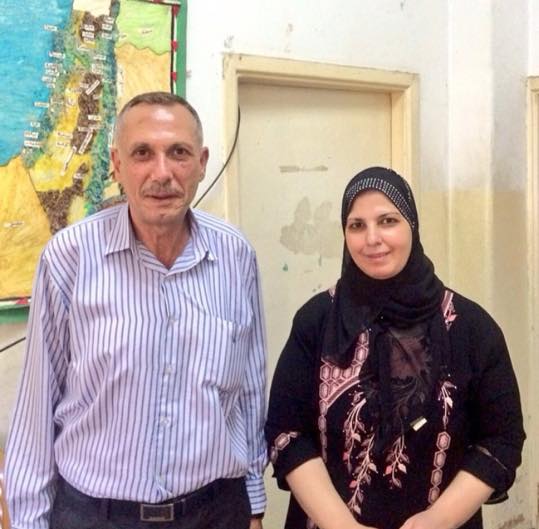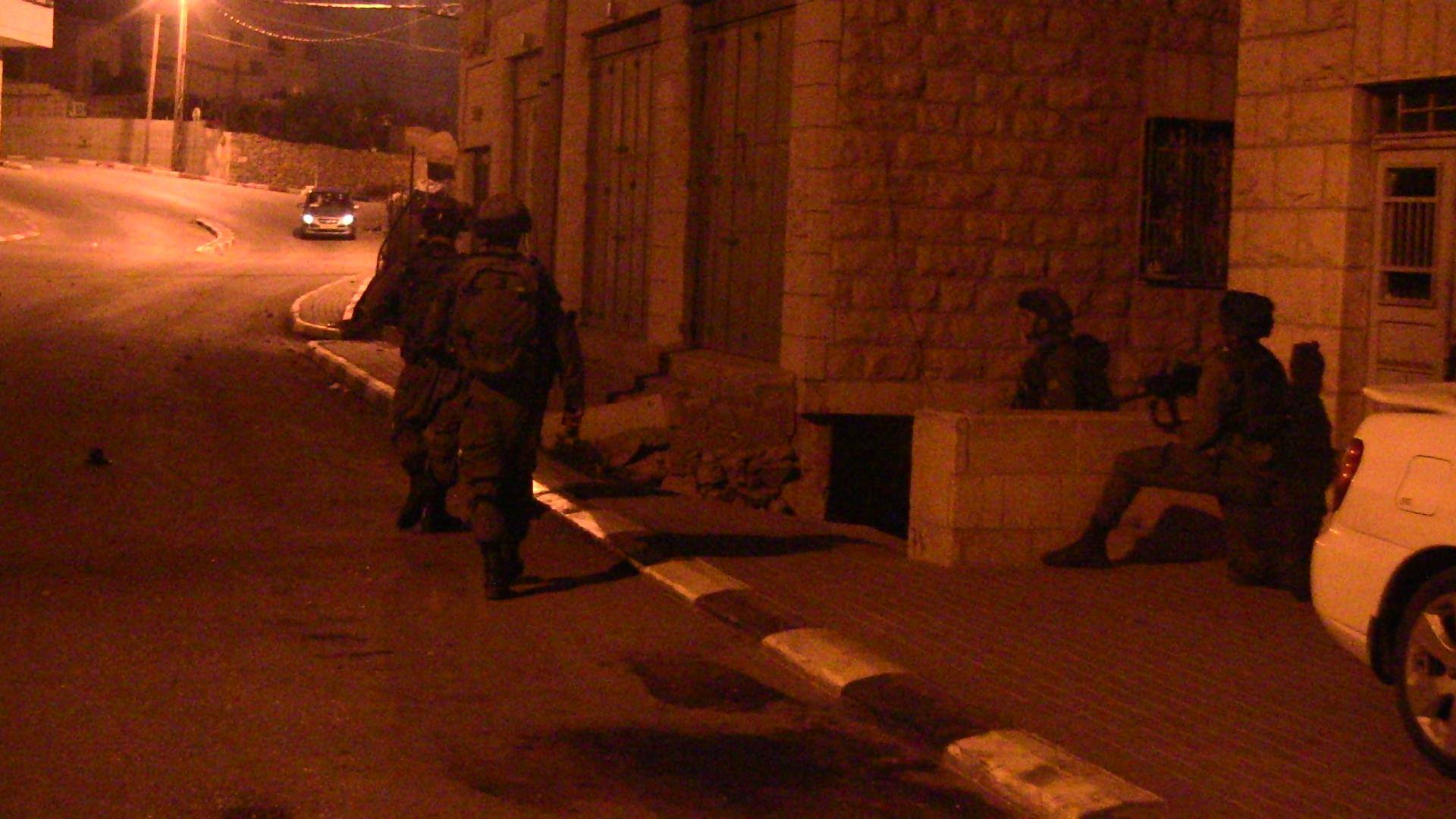Tag: Israeli Army
-
Nisreen Azzeh continues to struggle after the death of her husband, Hashem Azzeh
6th December 2015 | International Solidarity Movement, Khalil Team | Al-Khalil, occupied Palestine The 22nd of November, one month after the passing away of Palestinian activist and dear friend of the ISM, Hashem Azzeh, the team of al-Khalil (Hebron) visited his widow, Nisreen. While sitting in her living room, Nisreen explained how, after her husband’s…
-
Increasing collective punishment in occupied al-Khalil (Hebron)
3rd of December 2015 | International Solidarity Movement, al-Khalil team | Hebron, occupied Palestine Israeli forces closed the al-Hareka neighbourhood putting up new roadblocks and completely closing off a whole neighbourhood in occupied al-Khalil (Hebron). The neighbourhood’s access to the main street has been blocked off with an iron gate for a long time already. Recently,…
-
“We were walking home and they shot at us”
2nd December 2015 | International Solidarity Movement, al-Khalil team | Hebron, occupied Palestine On the evening of the 1st of December 2015, five Palestinian boys were shot at by Israeli forces with live ammunition on their way home to Tel Rumeida. The five boys – between the ages of sixteen and seventeen years – were on…



